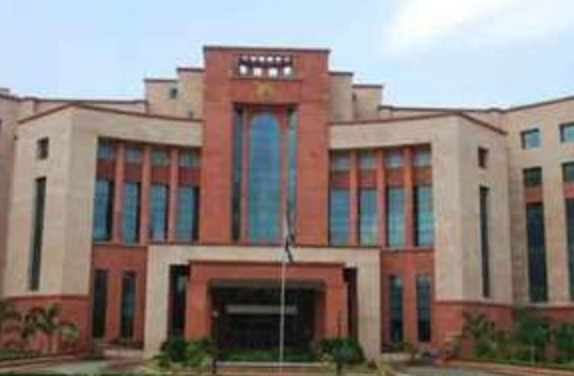The Drugs Controller General of India (DCGI) has permitted the emergency use of an oral drug, developed by the DRDO (Defence Research and Development Organisation), for the treatment of moderate to severe coronavirus patients.
“DCGI has granted permission for emergency use of therapeutic application of drug 2-deoxy-D-glucose (2-DG) as an adjunct therapy in moderate to severe COVID-19 patients,” the DRDO said in a statement.
The Institute of Nuclear Medicine and Allied Sciences (INMAS), a lab of Defence Research and Development Organisation (DRDO), has developed the drug, in collaboration with Dr. Reddy’s Laboratories, Hyderabad.
“Clinical trial results have shown that this molecule helps in faster recovery of hospitalized patients and reduces supplemental oxygen dependence. Being a generic molecule and analog of glucose, it can be easily produced and made available in plenty. A higher proportion of patients treated with 2-DG showed RT-PCR negative conversion in Covid patients,” DRDO added further.
Responding to Prime Minister Narendra Modi’s call for preparedness against the pandemic, the DRDO took the initiative of developing an anti-covid therapeutic application of 2-DG. They started the Phase-II trials in May 2020 and after significantly favourable trends were seen, the DGCI further permitted them to begin with Phase III trials in November 2020.
Phase-III trial was conducted on 220 patients between December 2020 and March 2021 at 27 Covid-19 hospitals across Delhi, Uttar Pradesh, West Bengal, Gujarat, Rajasthan, Maharashtra, Andhra Pradesh, Telangana, Karnataka, and Tamil Nadu.
The drug comes in powder form in a sachet, which is taken orally by dissolving it in water. It accumulates in the virus-infected cells and prevents virus growth by stopping viral synthesis and energy production.
India is battling the second wave of coronavirus infections with many states grappling with an acute shortage of medical oxygen, beds, and crucial medicines, and these crucial times this medicine not only can save precious lives but will also reduce the burden on health infrastructure of the country.


